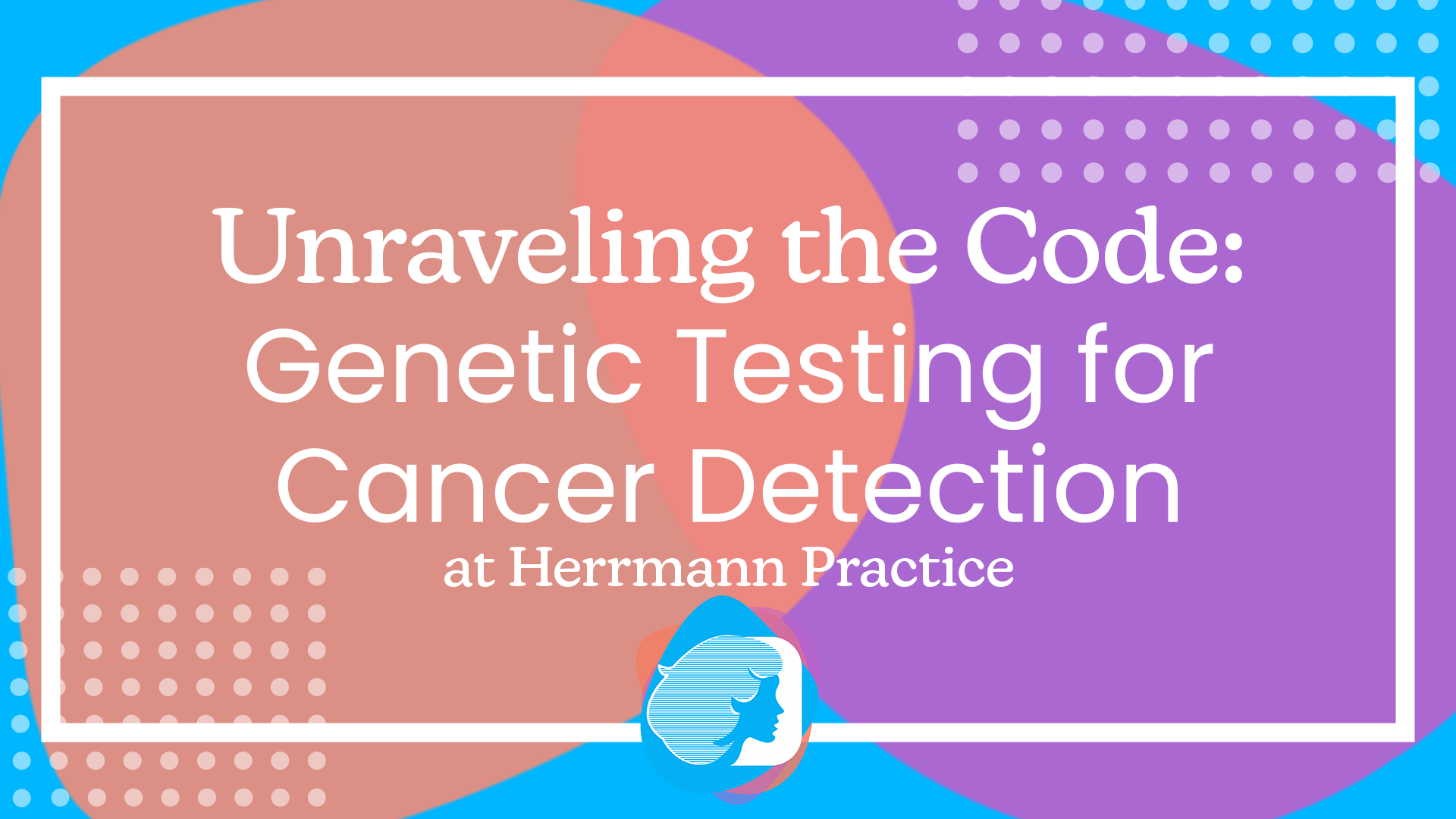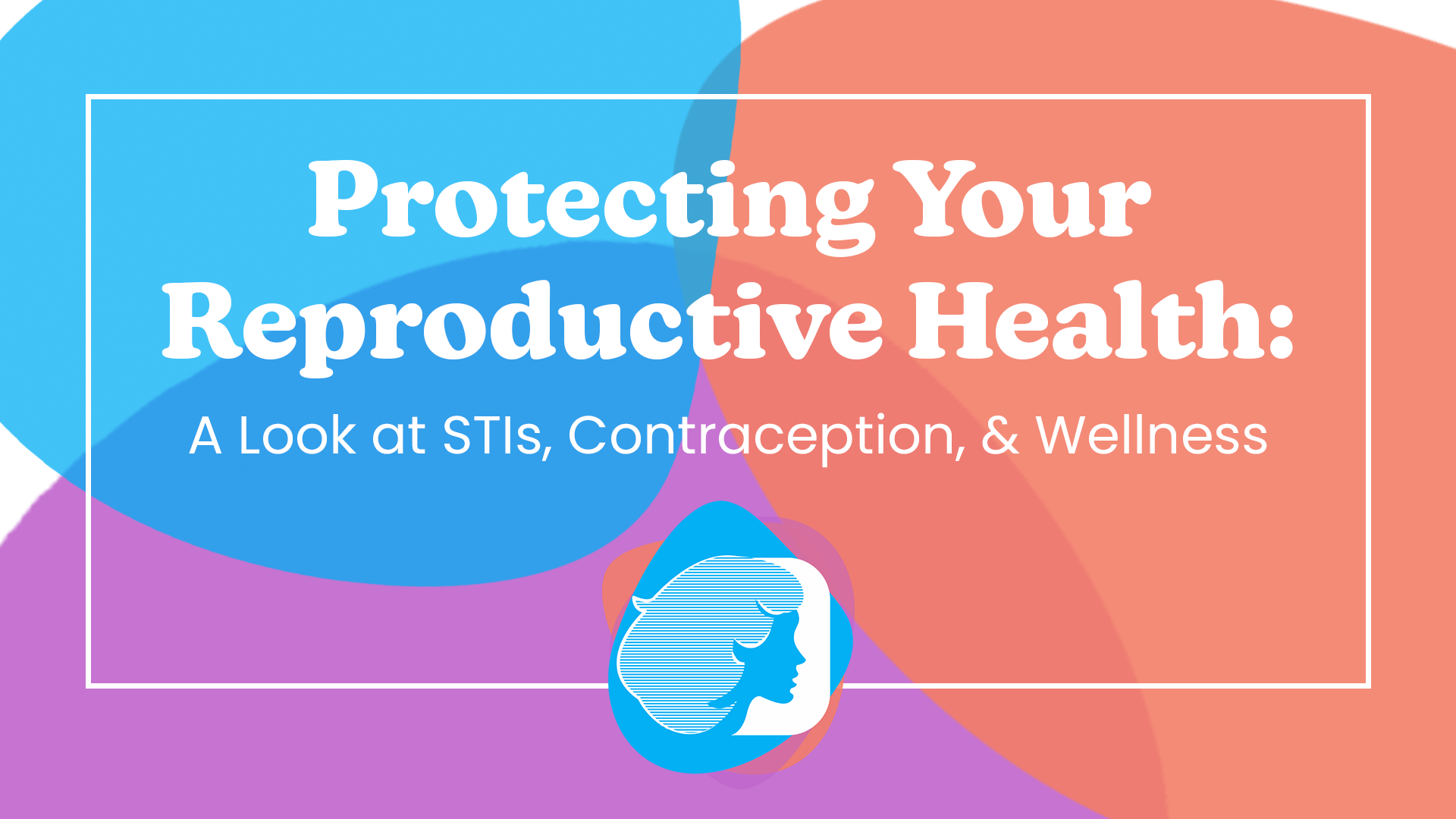Debunking Common Gynecological Myths for Better Health
Understanding Gynecological Health
Navigating the world of gynecological health can be daunting, especially with the abundance of myths and misconceptions that often cloud important decisions. Today, our experts aim to clear the air and provide you with accurate, reliable information to guide your health choices. From annual exams to HPV vaccinations, birth control, and hysterectomy, let's debunk some common myths and ensure you have the facts you need for optimal health and well-being.

Myth: Annual Exams Aren't Necessary Without a Pap Smear
It's a common misconception that if you don't need a Pap smear, you can skip your annual gynecological exam. However, annual exams are essential for overall reproductive health. They include breast exams, pelvic exams, and discussions about menstrual health, contraception, and other concerns. Regular check-ups help detect potential issues early and keep you informed about your health.
The Importance of Annual Exams
Even when a Pap smear isn't needed, annual exams provide an opportunity to discuss any health changes, screen for infections, and assess your general well-being. Staying on top of your annual visits ensures you're proactive about your health, rather than reactive.

Myth: HPV Vaccinations Are Only for the Young
Another pervasive myth is that HPV vaccinations are only necessary for young people. While it's true that the vaccine is most effective when given before exposure to HPV, adults can still benefit. The HPV vaccine is the only vaccination that can prevent certain types of cancers caused by the human papillomavirus, making it an important consideration for ongoing health.
HPV Vaccination - A Lifesaver
Vaccination against HPV can significantly reduce the risk of cervical and other cancers. Whether you're a parent considering the vaccine for your child or an adult weighing your options, understanding its benefits is key to making an informed decision.

Myth: All Birth Control Methods Cause Weight Gain
Many people believe that all forms of birth control cause weight gain. In reality, the only method consistently linked to weight gain is the Depo-Provera shot. Other methods, including pills, IUDs, and implants, have not been shown to cause significant weight changes in most users.
Birth Control Facts
Choosing the right birth control is a personal decision that should be based on accurate information and individual health needs. Discussing your options with a healthcare provider can help dispel myths and find the best method for you without unwarranted concerns about weight gain.
Myth: Hysterectomy Means Removing Everything
There's a common misunderstanding that a hysterectomy involves removing all reproductive organs including the ovaries. However, a total hysterectomy means removing the uterus and cervix which is the part of the uterus in the vagina. A partial (or subtotal) hysterectomy consists of removing only the main part of the uterus leaving the cervix in place. In this case pap smears are still needed. This is only done in a few cases when it is considered too difficult to remove the cervix. The ovaries are usually left intact unless there is a medical reason to remove them. The ovaries will continue to function normally to produce hormones until menopause. Most hysterectomies can be done through small incisions making recovery much easier.
Understanding Hysterectomy Types
Clarifying the different types of hysterectomies is crucial for patients to understand their surgeries and the implications for their health. Knowing the difference helps set realistic expectations and informs post-surgical care and recovery.
Empower Your Health with Knowledge
Understanding the facts behind common gynecological myths can empower you to make better health decisions. At Herrmann Practice, we are dedicated to providing clear, accurate information to support your journey to optimal health.
Schedule Your Appointment Today
Ready to take charge of your gynecological health with confidence? Book an appointment with our experts at Herrmann Practice today. We're here to support you with accurate information, comprehensive care, and personalized treatment options.












